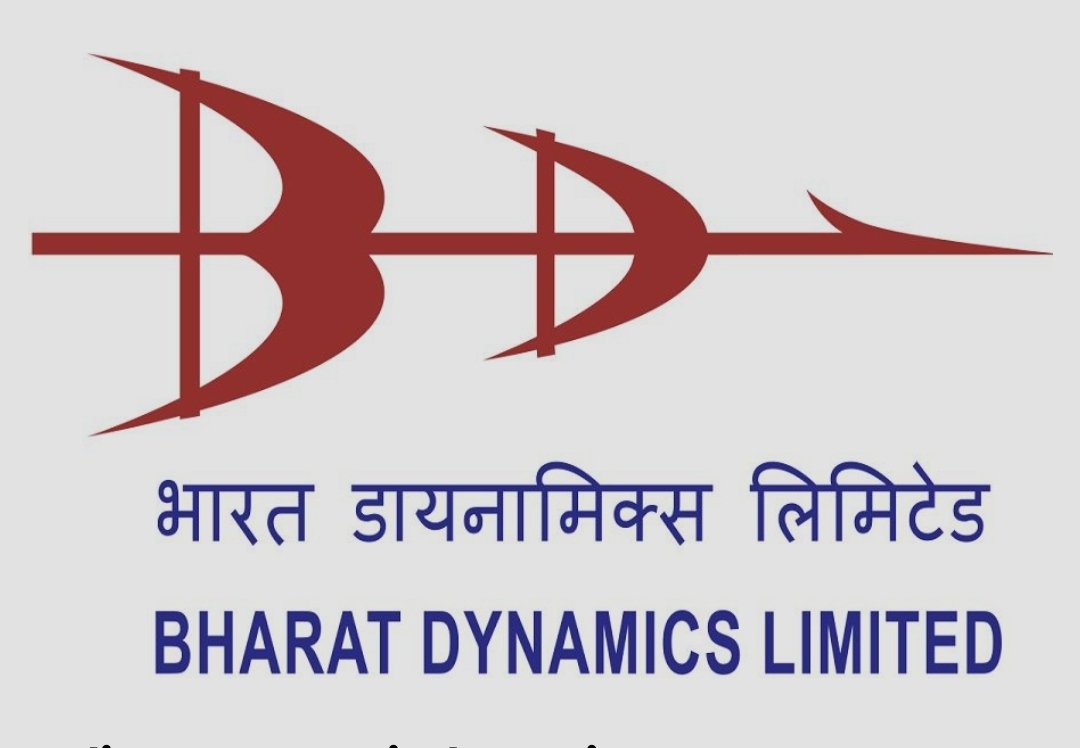HAL choppers to target enemy at high altitudes
The need for a combat helicopter became apparent during the Kargil conflict, when Indian soldiers had to attack enemy position on 15,000 feet-high mountains with little fire support, except from long-range artillery guns and rockets. Photograph used for representational purposes: Vijay Mathur/Reuters
On Friday, December 22, the Indian Air Force and the Indian Army initiated the purchase of 15 indigenously designed and built Light Combat Helicopters from Hindustan Aeronautics Ltd.
The IAF will take 10 helicopters, and the army five.
It is learnt from HAL sources that the cost of each LCH will be Rs 231 crore (Rs 2.31 billion), putting the overall cost of the order at Rs 3,465 crore (Rs 34.65 billion).
These ‘limited series production’ LCHs would be built in Bengaluru at a facility that then defence minister Arun Jaitley inaugurated in August.
Subsequently, HAL will set up a large-scale manufacturing facility in Tumkur to build the 114 LCHs the army has committed to buying, and the 65 the IAF has said it will take.
The cost of these 179 LCHs, at current prices, adds up to Rs 41,350 crore (Rs 413.50 billion).
The need for a combat helicopter became apparent during the Kargil conflict, when Indian soldiers had to attack enemy position on 15,000 feet-high mountains with little fire support, except from long-range artillery guns and rockets.
It was decided then to develop an attack helicopter to support high-altitude operations.
This resulted in the LCH, a 5.5-tonne helicopter powered by two Shakti engines, custom-developed by French engine maker, Turbomeca, to drive helicopters up to altitudes above 6,000 metres or 20,000 feet.
Armed with a 20-millimetre turret gun, 70-millimetre rockets, air-to-air and anti-tank guided missiles, the LCH can pour fire onto enemy positions, easing their capture by Indian infantrymen who can carry only limited weaponry in those rarefied altitudes.
‘LCH has the distinction of being the first attack helicopter to land in forward bases at Siachen, 5,400 metres (17,700 feet) above sea level,’ HAL said.
‘The helicopter participated in IAF’s ‘Iron Fist 2016′ exercise in March 2016 and displayed its rocket firing capabilities in its weaponised configuration,’ HAL added.
The LCH has a narrow fuselage, with two pilots sitting one-behind-the-other in an armoured cockpit that protects them from bullets and shrapnel.
The LCH’s flying technologies were tested on the Dhruv advanced light helicopter which is a mainstay of the army’s aviation wing.
These features include a hinge-less main rotor, a bearing-less tail rotor, integrated dynamic system, crashworthy landing gear and an intelligent, all-glass cockpit.
This tender comes on the heels of another the IAF sent HAL on Wednesday, December 20, for the supply of 83 Tejas Light Combat Aircraft — an order worth some Rs 33,000 crore (Rs 330 billion).
Even so, there is concern within HAL at its unusually slim order book.
With the production of 222 Sukhoi-30MKI fighters — a cash cow for 15 years — nearing completion, HAL executives wonder what will follow.
HAL Chief T Suvarna Raju said HAL has just three years worth of orders, worth Rs 61,000 crore (Rs 610 billion/$9.5 billion).
Raju was concerned about what lay ahead for HAL’s 20 manufacturing divisions, built on 12,000 acres of land, and 30,000 skilled employees.
Source Link:http://www.rediff.com/news/report/hal-choppers-to-target-enemy-at-high-altitudes/20171225.htm






